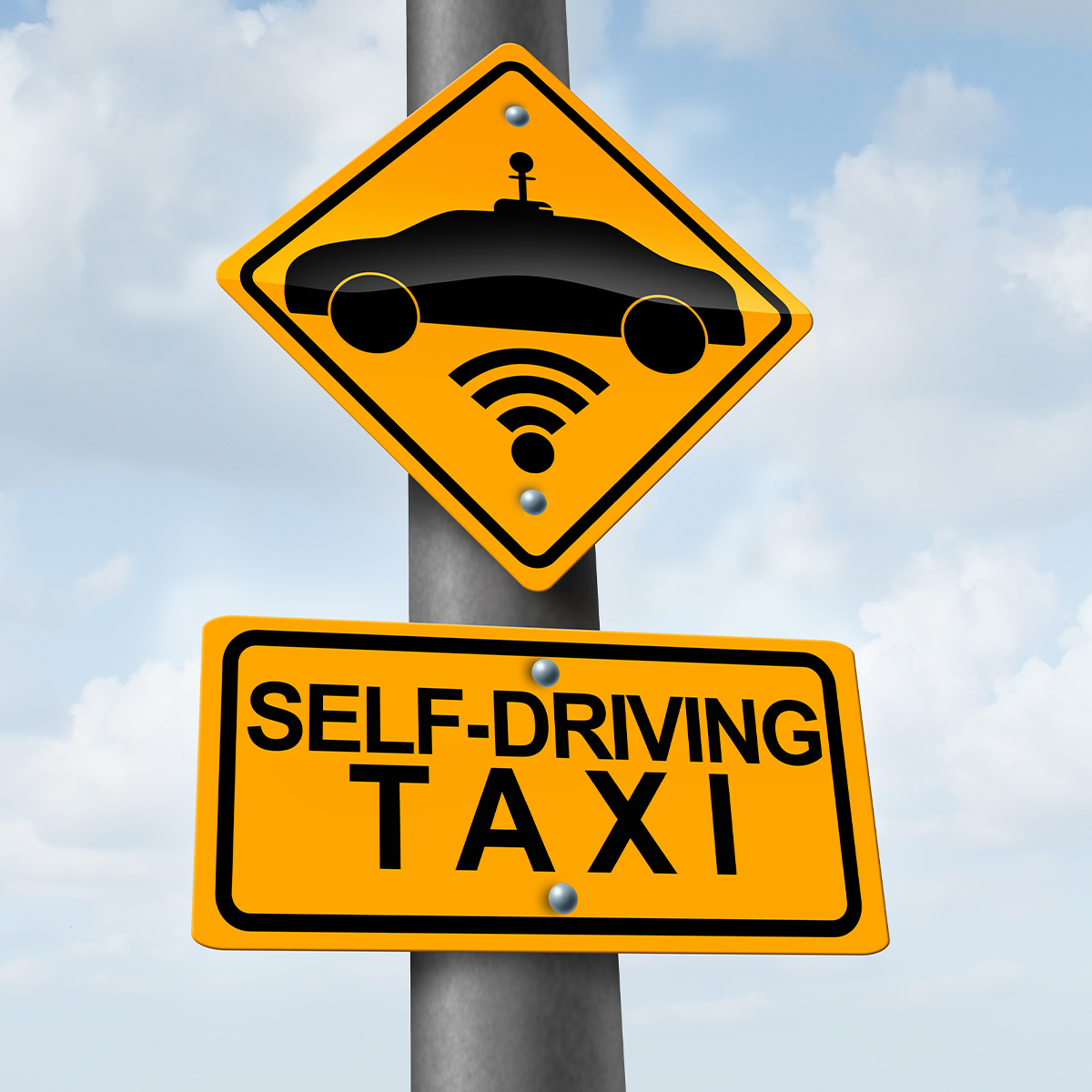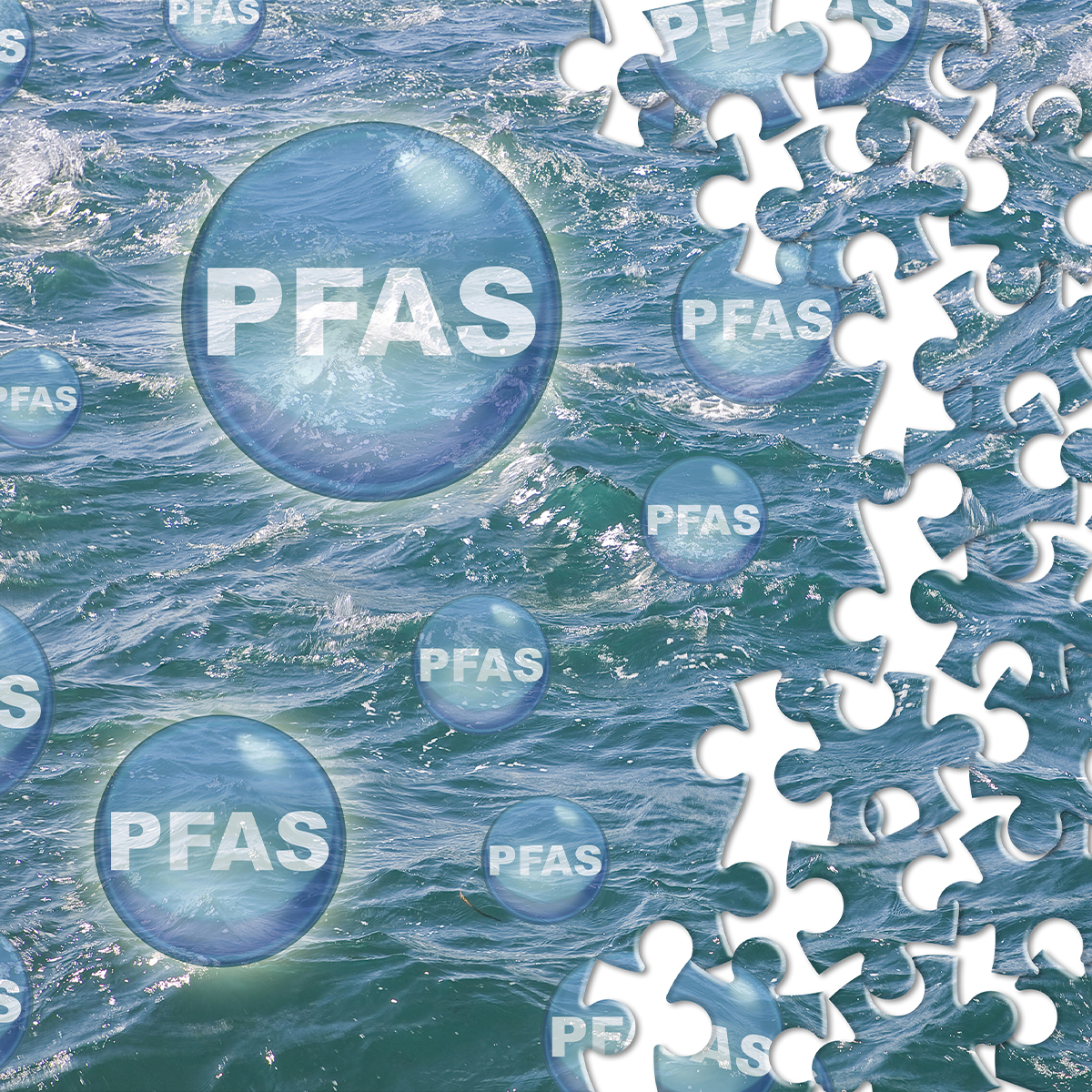-
Property & Casualty
Property & Casualty Overview

Property & Casualty
We offer a full range of reinsurance products and the expertise of our talented reinsurance team.
Trending Topics
Publication
That’s a Robotaxi in Your Rear-View Mirror – What Does This Mean for Insurers?
Publication
Cat Bonds – A Threat to Traditional Reinsurance?
Publication
Decision-Making in the Age of Generative Artificial Intelligence
Publication
Buildings Made of Wood – A Challenge For Insurers?
Publication
The CrowdStrike Incident – A Wake-Up Call for Insurers?
Publication
PFAS Awareness and Concern Continues to Grow. Will the Litigation it Generates Do Likewise? -
Life & Health
Life & Health Overview

Life & Health
We offer a full range of reinsurance products and the expertise of our talented reinsurance team.
Training & Education
Publication
When Actuaries Meet Claims Managers – Data-Driven Disability Claims Review
Publication
Chronic Pain and the Role of Insurers – A Multifactorial Perspective on Causes, Therapies and Prognosis
Publication
Fasting – A Tradition Across Civilizations
Publication
Alzheimer’s Disease Overview – Detection and New Treatments
Publication
Simplicity, Interpretability, and Effective Variable Selection with LASSO Regression Moving The Dial On Mental Health
Moving The Dial On Mental Health -
Knowledge Center
Knowledge Center Overview

Knowledge Center
Our global experts share their insights on insurance industry topics.
Trending Topics -
About Us
About Us OverviewCorporate Information

Meet Gen Re
Gen Re delivers reinsurance solutions to the Life & Health and Property & Casualty insurance industries.
- Careers Careers
Hotel Liability: Simple Actions, Better Results

We all love going on vacation. For most of us, this time to relax with friends and family and recharge our batteries is the highlight of the year. Nevertheless, not all vacations are free of problems and hotels are a common source of insurance claims. When a guest is injured due to the carelessness or neglect of a hotel or its employees, the hotel can naturally be held liable. As many holidaymakers are also tourists, these scenarios can quickly become complex due to the impact of multi-jurisdictional claims and the costs involved in handling them.
Good risk management is vital for reducing the likelihood of incidents occurring in the first place – and handling them effectively when they do. While complete checklists are available to help hotels conduct full risk analyses of their properties and practices1, this article aims to highlight the most common causes of claims involving hotel liability from our own experience, along with simple measures to help mitigate the risks.
Sources of Hotel Liability Claims
Reception
It all starts with the reservation. Hotels need to have all the information on their guests before their arrival, especially when children, elderly guests and people who require special assistance are staying. Given the depth of guest information reception staff have access to, careful and respectful handling of this data is essential. This includes:
- Avoiding pronouncing details related to guests and their respective rooms loudly in the reception area.
- Where possible, making separate areas at the reception desk to avoid private details being overheard.
- Taking additional care when issuing magnetic key cards – one slight mistake can grant someone access to another guest’s room without permission.
Rooms
Cases of slipping and falling are the most frequent claims stemming from hotel rooms, but there are many other safety aspects to consider. Poisoning can also be a problem if a minibar and/or snacks are provided. Special attention to the following is recommended:
- Avoiding decoration involving small items that can be swallowed by children.
- Avoiding having carpets in the rooms. Carpets are an excellent environment for mites and bugs which can cause allergic reactions.
- Making sure mattresses are cleaned at least once a month to avoid bed bugs.
- Furniture must be “safe” and firm. Beauty is sometimes the enemy of safety.
- Keeping electrical equipment (e.g., switches, hair dryers, lighting) well maintained and up to date to avoid the risk of electric shocks.
- Some hotels choose to use plastic curtains inside the bathrooms to mitigate the risk of accidents. Glass looks nice, but should a guest slip and the glass break, the outcome can be serious.
- Beverages must be sealed and nothing else apart from them should be stored inside the minibar.
- If snacks are provided, they should be kept out of direct sunlight and the expiry dates should be respected.
Restaurants and Kitchens
Food poisoning is a very common cause of claims coming from hotels and the consequences can be deadly. Aspects to consider include:
- Stored foods must be kept properly covered and refrigerated. Ideally, there should be a daily process for checking received goods to verify the quality of daily deliveries.
- Due to the risk of salmonella, many hotels avoid serving raw eggs in their meals.
- Hotels offering buffet-style dining should take steps to avoid the risk of burns from exposed pans and food warmers.
Communal Areas and Facilities
Slips and falls are the number one problem in these areas but incidents involving children using recreational facilities, such as pools, occur all too frequently. Guests under the influence of alcohol are also a considerable risk near pools and beaches.
- Lifeguards should be on duty to supervise the use of pools.
- Pool depths should be indicated clearly.
- Depending on the pool, warning signs forbidding diving are a sensible measure to prevent accidents.
- Adequate and regular maintenance of pools and other facilities is important (e.g., checking ladders, slides, lights, diving boards, and other equipment that could cause serious accidents if damaged).
- Pool toys should be kept out of the pool area while not in use. Although fun to play with, they cause many slips and falls.
Security
Security is a hugely important topic and we generally recommend:
- The use of CCTV cameras in the public spaces of their property (where permitted) and informing guests of their use to avoid problems with data privacy.
- Providing guests with security information as part of the welcome reception on arrival.
In addition to these more traditional security aspects, cyber security is becoming an increasingly important issue. The hospitality industry has become a rich target for nation-state hackers looking to track movements of important people and their preferences. Breaching a hotel’s data management system can give cyber criminals access to personal information including names, addresses, preferences, and credit card numbers.
The extent of the damage can be enormous, as evidenced by the Marriott International case, where an unauthorized party copied and encrypted information belonging to around 383 million customers from their Starwood reservations system.2 According to the information disclosed in the media, the breach affected customers who made reservations for Marriott-owned Starwood hotel brands from 2014 to September 2018. Names, addresses, phone numbers, birth dates, email addresses, and encrypted credit card details of the hotel customers were stolen.
Unsurprisingly, liability for cyber security is a pressing concern for both hotel chains and the insurance/reinsurance community, in the sense that coverage can be found in cyber insurance products that offer first and third-party coverage.
Responsibility for Risk Mitigation
While there’s an expectation that hotel management is aware of the risks and proactively take measures to exclude or minimize the possibility of accidents, experience shows that not all are familiar with the risks and liability involved with running a hotel. As a result, we recommend that training on how to handle different situations and risk prevention measures should form part of a hotel’s risk management policy. This training should not only be for hotel management, but rather for the entire hotel staff.
Ultimately, the ability to provide immediate assistance and taking a professional approach can make the difference between an ordinary claim and a large one, (e.g., If medical assistance is required, is a process in place to quickly enlist the help of nearby medical professionals?).
Cross Border Claims
Hotels receive guests from all over the world, especially those hotels located in tourist hotspots. Here in Latin America, places like Cancún, Punta Cana, and Guanacaste welcome a huge number of guests every year, a considerable portion of which come from the United States and Canada. From our experience within Latin America, when something happens to a guest in a hotel, the legal jurisdiction technically responsible for deciding on the matter is the one where the hotel is located. Nevertheless, it’s very common to see American or Canadian guests place claims in their jurisdictions, which are known for their high level of indemnities.
Hotels must be prepared to handle such claims and having a well-defined strategy is essential. This should include provisions to ensure that injured parties receive immediate assistance, that adjusters or experts specialized in multijurisdictional cases can be accessed, and that support from lawyers and negotiators is available to help settle cases as soon as possible, and preferably before they become formal complaints.
It goes without saying that the insurer should also be notified promptly so assistance can be provided from the beginning of the case and steps taken to minimize the exposure. In complex international cases, reinsurers can also be useful consultants, offering a wider view of possible solutions regarding the claims handling process and providing details of international providers that can assist the insured with the claim settlement.
When a claim is made in a jurisdiction that is not the one where it should be conducted, the normal procedure would be to start a forum non conveniens motion, (i.e., the doctrine that allows a court to dismiss a case brought where another court is more appropriate). However, it’s worth noting that negotiating a claim at the very beginning can prove to be more cost-effective than transferring the process and its subsequent conclusion to another jurisdiction.
Summary
Hotel general liability insurance policies include coverage for injuries or property damages sustained by guests during their stay at a hotel’s premises. Additional coverages may be purchased in separate policies, depending on the location. The sheer number of guests welcomed by hotels each year makes them ripe targets for lawsuits related to liability. Highlighting the risk exposure to hotel management and helping them put a well-defined strategy for handling incidents in place is essential for successful risk mitigation. Ultimately, a quick and professional response can be a deciding factor in avoiding major claims.
Endnotes
- An example checklist: https://safetyrisk.net/download-page/download-info/hotel-resort-risk-checklist-doc/
- https://news.marriott.com/news/2019/01/04/marriott-provides-update-on-starwood-database-security-incident




